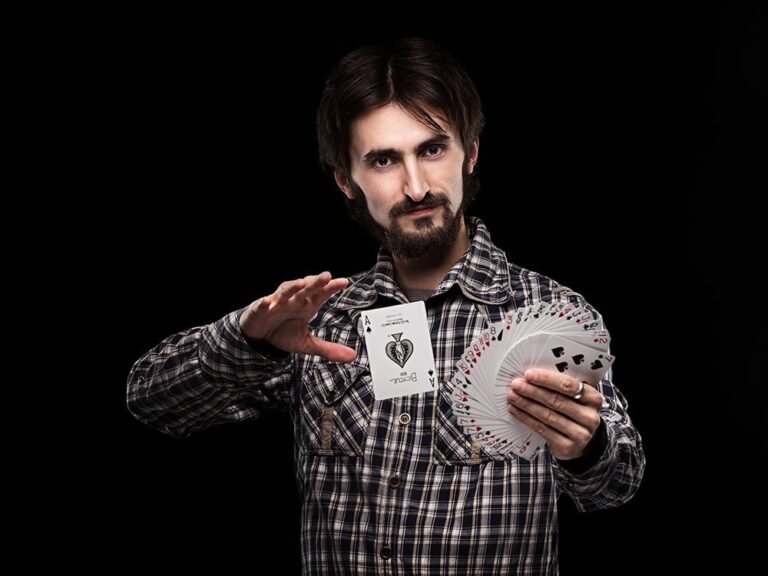verb: fondre
The French verb “fondre” means “to melt,” along with a host of other meanings. It’s a useful verb to know if you’re heading into summer temperatures. “Fondre” can mean “to melt,” “to melt down,” “to thaw,” “to thaw out,” “to cast,” “to dissolve,” “to melt away,” “to waste away,” “to soften,” or when used reflexively,…









